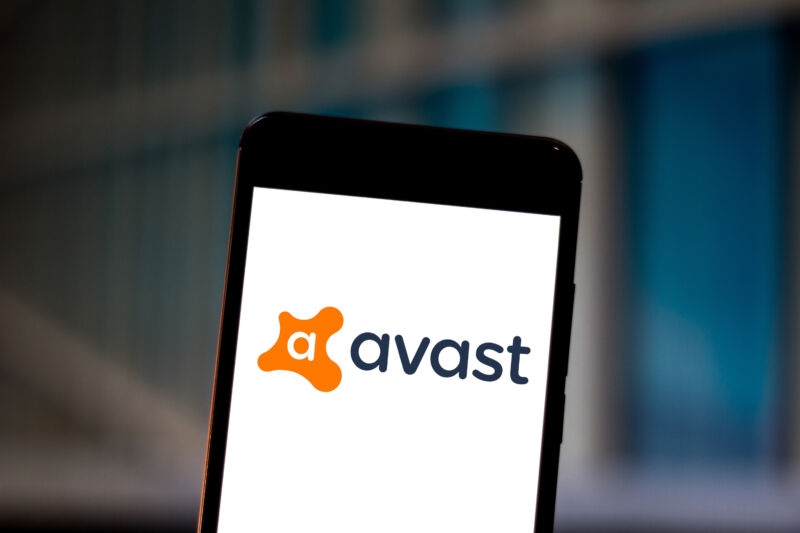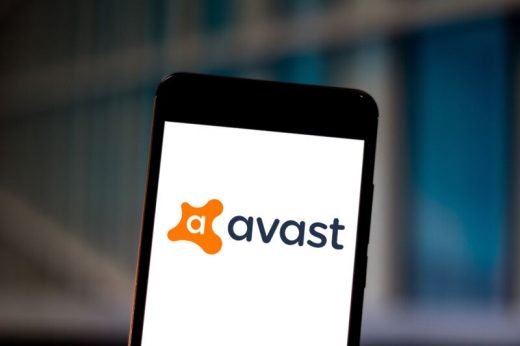Avast Shutters Jumpshot, Exits Business After Reports Of Data Sharing
Avast Shutters Jumpshot, Exits Business After Reports Of Data Sharing

Avast, a free antivirus platform that uses machine learning to fight off cyberattacks, will shutter its Jumpshot analytics business after a joint investigation by Motherboard and PCMag.
The findings from the investigation released earlier this week found that the antivirus company has been selling its users’ internet browsing data through its subsidiary Jumpshot, to clients that include Pepsi, Google, and Microsoft.
“As CEO of Avast, I feel personally responsible and I would like to apologize to all concerned,” Ondrej Vlcek, who has been CEO for the past seven months, wrote in a blog post. “Protecting people is Avast’s top priority and must be embedded in everything we do in our business and in our products. Anything to the contrary is unacceptable.”
Vlcek wrote that the recent news about Jumpshot “hurt the feelings of many of you” and raised several questions around trust. For these reasons Avast’s board of directors and Vlcek voted to shutter Jumpshot’s practices of data collection.
In a direct message to Search Marketing Daily through LinkedIn, Vlcek said the initial decision was to shut down the data feed, not Jumpshot. This was followed by a meeting of the Jumpshot board that, based on the circumstances, decided to wind down the entire company as there was no business left anymore and cost to run the company was unsustainable.
“Can this be considered a firm commitment not to continue with this practice through a new subsidiary or in any other way?” wrote Vojtech Dusek, business development manager at ACTUM Digital, in a public LinkedIn post. “In other words, will Avast keep trading its customers’ data away, or are you abandoning this particular revenue stream for good?”
Vlcek confirmed that Avast is “out of the data business” and focused on keeping people around the world safe and secure.
Some called shuttering Jumpshot “a very bold step,” but the news that the company shared user data eroded trust. Avast’s CEO didn’t have much choice, according to some. Over the years, Jumpshot shared insightful data with clients and journalists. Some wondered how it could have produced such insights.
Jumpshot, founded in 2015 and operated as an independent company from Avast, aimed to extend the parent’s company’s data analytics capabilities beyond the core focus on security. At the time it became apparent data would become the basis for cybersecurity. The founders thought they could leverage the company’s tools and resources to do this more securely than the countless other companies that were collecting data.
Through the years, data protection became a priority, per Vlcek. The company welcomed the introduction of GDPR in the European Union in May 2018, as it was a rigorous legal framework addressing how companies should treat customer data.
(8)


